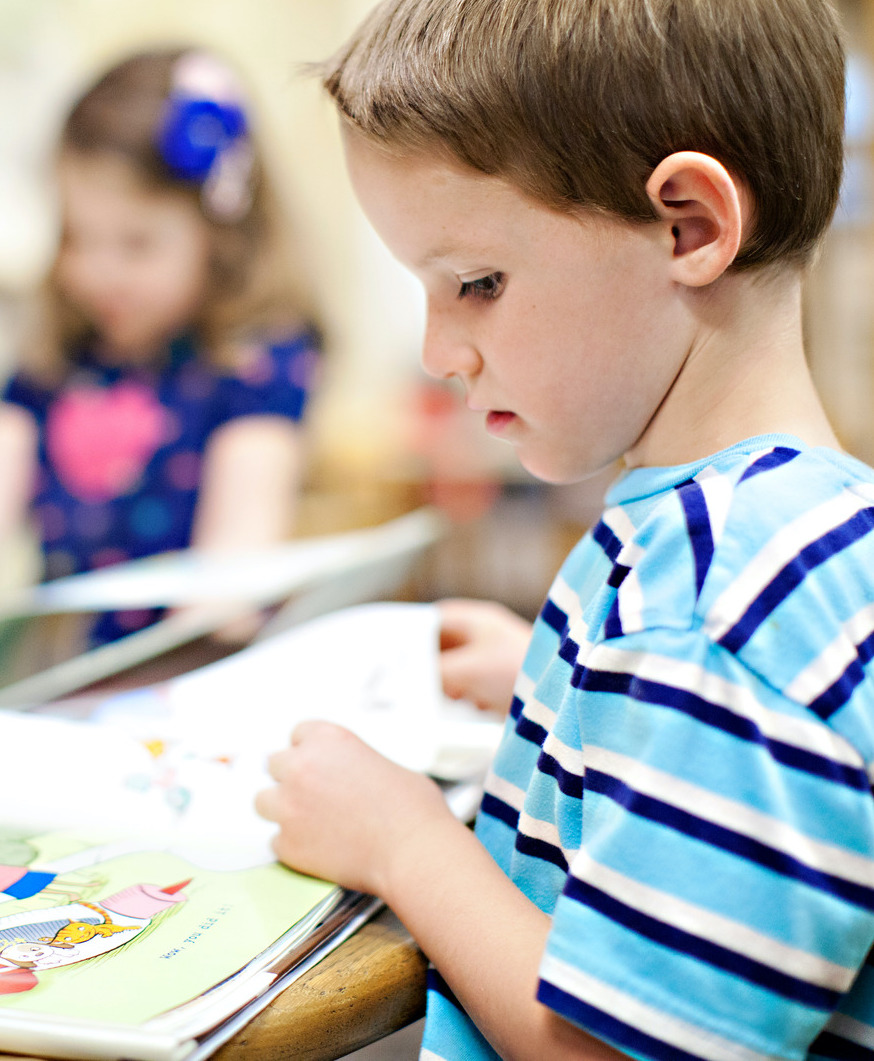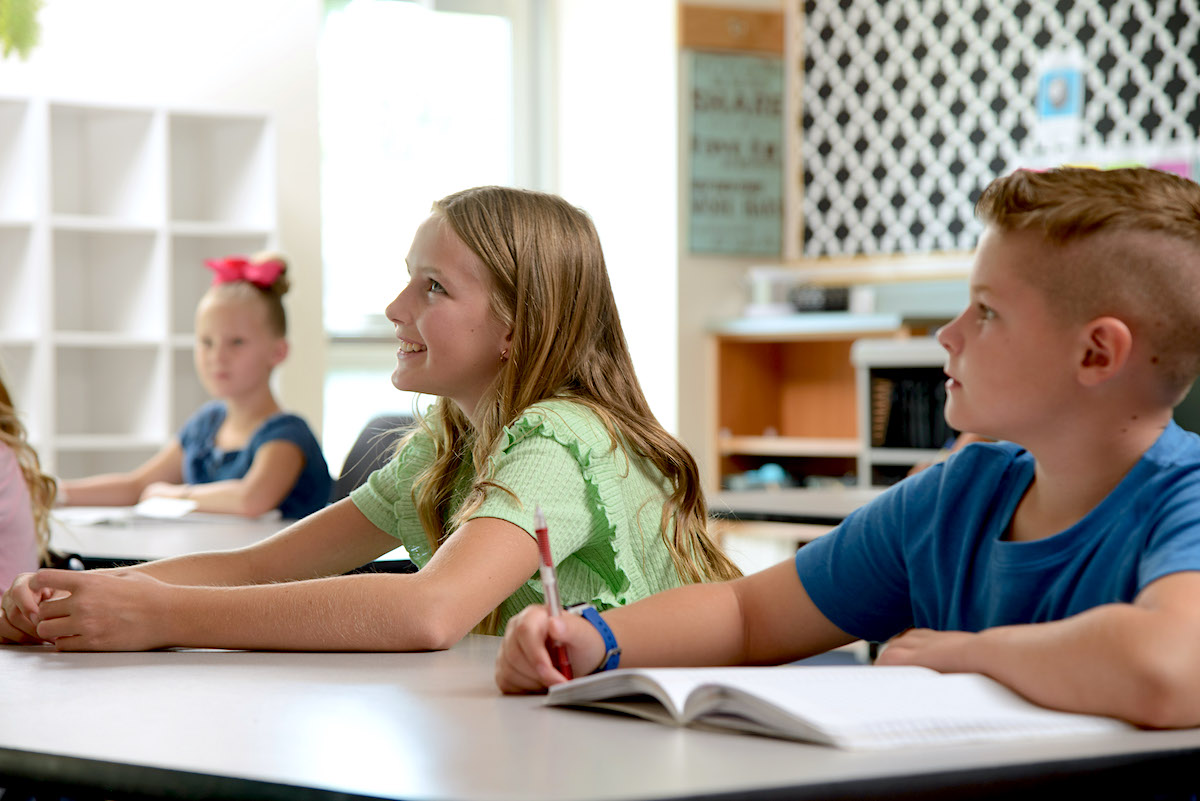About Us

No two brains are alike. The human brain grows from the bottom up, like a tree. It accounts for 2% of our body weight and uses 20% of our energy.
Our brains are wired through experience. This wiring determines how we see, interact, and respond to the world around us.
The Wellness Room system is based on physiology and neuroscience. We are modeling and teaching students to recognize how their stress response system works and what coping skills they can use to self-regulate and soothe their nervous system.
We are all doing the work of self-regulation daily to engage in meaningful work and build healthy relationships. Our values inform our work. This curriculum was created for schools to support faculty and students’ mental health and wellness.
We take a collaborative approach to well-being by establishing a professional community of passionate learners who work with their community to create a sustainable support system.
Ask For Help
It is not a sign of weakness, it is a sign of strength. We were never meant to do this alone. We all need help sometimes.
Normalize
Being human requires us to care for our mental health, as well as our physical health. Learning and practicing healthy coping skills is crucial to our well-being.
Connected Relationships
Our support system is key to our well-being, builds our resilience, and facilitates healing from trauma.

Getting upstream of the mental health crisis in the United States.
Data from the CDC show rates of depression and anxiety have been increasing. Substance related deaths have been on the rise and have increased 34% since 2019.
Among educators, burnout due to dysregulated student behavior has been cited as the number one reason teachers leave the profession. Data show almost half of new teachers leave the profession within the first five years.
These outcomes show the urgent need to get upstream and support mental health and well-being.
Prior to the pandemic, many schools were working to improve mental health support for students and faculty. Education was growing around the importance of trauma informed practices and the need for increased support for at-risk students. However, stigma around mental health prevented many people from seeking help.
Additionally, research shows 60% of Americans don’t receive mental health treatment due to the high cost. If there is any silver lining to the pandemic, it is the increase in collaborative efforts to destigmatize mental health, encourage self-care, and increase access to resources and support to improve mental health and well-being.
The CDC reports calls to the national crisis hotline went up 800% in 2020, and suicide rates have decreased slightly since 2018, suggesting more people are reaching out for help and mental health supports can be effective.
We work to create a culture and climate of safety and trust to build RESILIENT and REGULATED lifelong learners.

